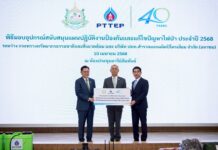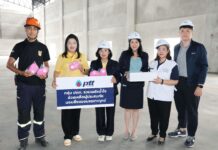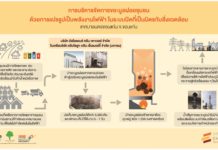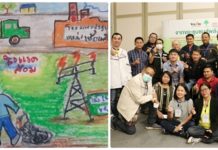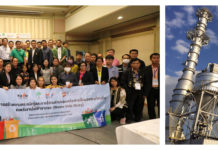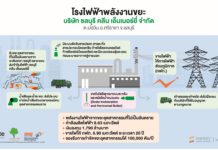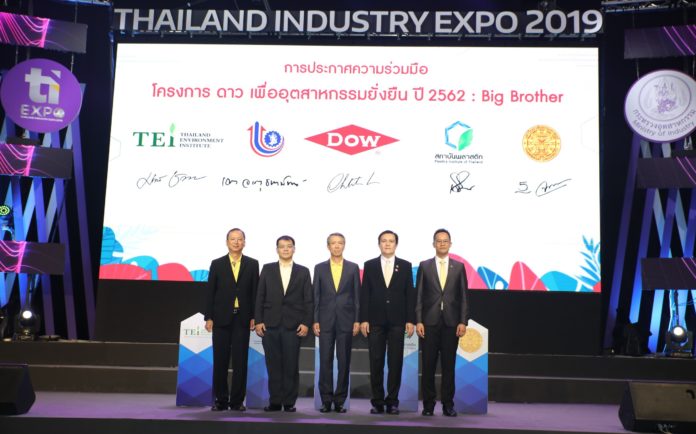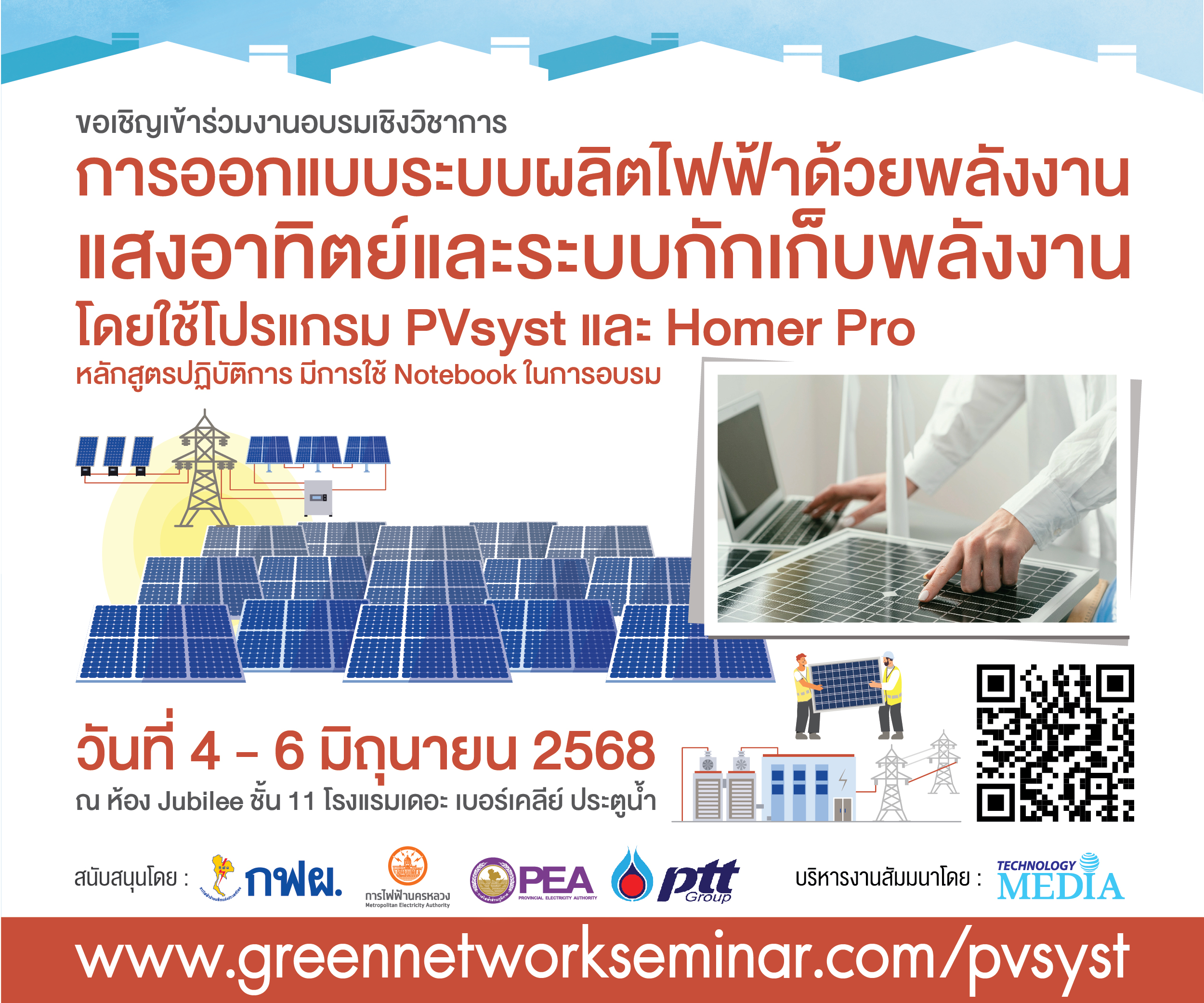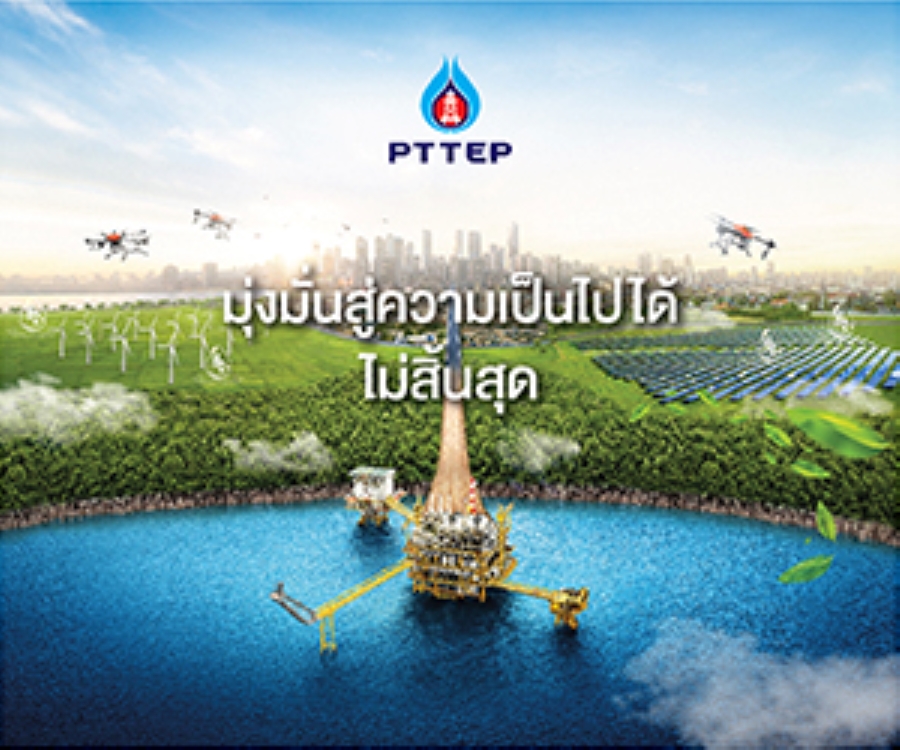Dow Thailand Group joins hand with the Department of Industrial Promotion and networked public organizations in launching the “2019 Dow for Sustainable Industry” project to modernize small and medium-sized enterprises (SMEs)’s manufacturing efficiency and introduce the circular economy concept and Internet of Things (IoT). The ultimate goal is to help Thai industries achieve Industry 4.0 in a sustainable and environmental-friendly manner.
2019 Dow for Sustainable Industry launched on 21 July 2019 at Impact, Muang Thong Thani alongside the Thailand Industry Expo 2019 event. The Dow for Sustainable Industry project is in its eighth year, with participants including the Thailand Environment Institute, the Faculty of Engineering at Thammasat University, and the Plastics Institute of Thailand. This year the project aims to support SMEs who are striving to achieve sustainability through modernization of their manufacturing facilities with new technology including the adoption of the circular economy concept and IoT.
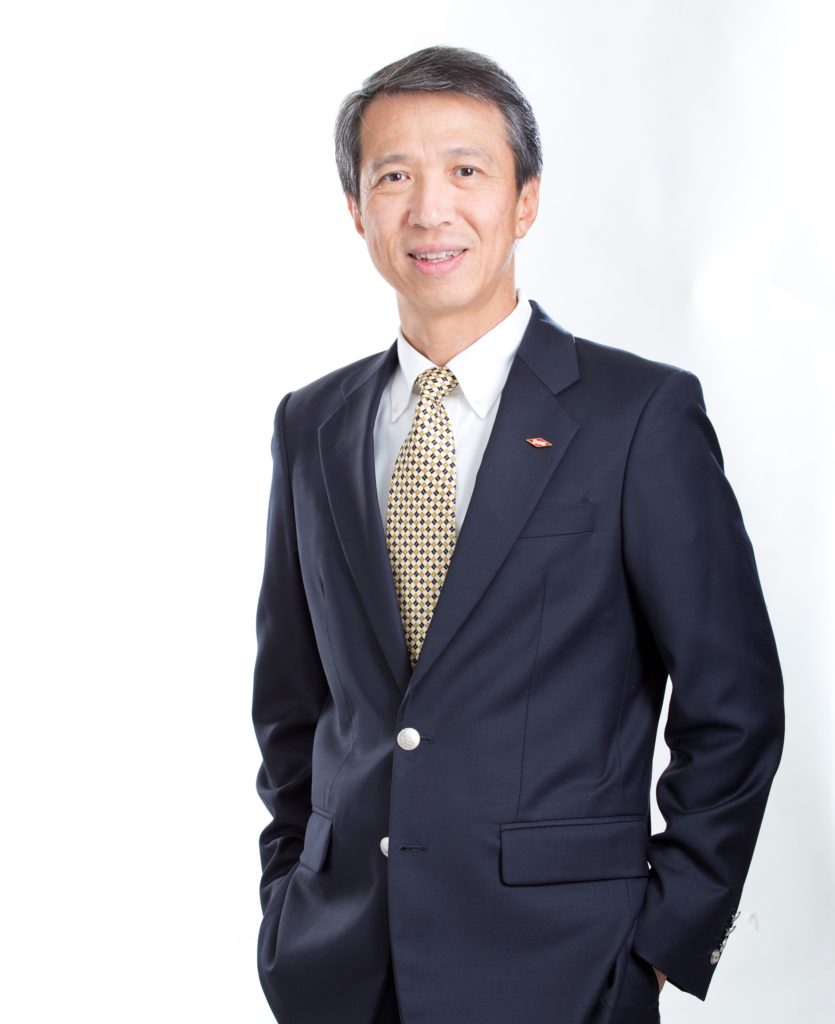
Chatchai Luanpolcharoenchai, President of Dow Thailand, said the project is opened for the applications from SMEs planning to revamp their overall manufacturing process, from machinery overhaul and waste reuse to adding product value. This will help reduce production costs and energy consumption and maximize natural resources, guided by the circular economy concept, which is based on global best practice and will help Thai industries achieve sustainability and meet Thailand’s Industry 4.0 strategy.
The project will start with SMEs in the plastic and food-related industries. Their plan to improve production efficiency will be assisted by experienced partners, including those enlisted in Industry Ministry’s “Big Brothers” project. The partners share the goal of improving SMEs’ competitiveness through innovation and technology. They will be trained on lean management for environment, as well as comprehensive services covering environmental management, energy management and security.
Poranee Kongamornpinyo, Southeast Asia Corporate Affairs Leader said that the circular economy concept was added to the Dow for Sustainable Industry project in its 8th year, as partners such as the Plastics Institute of Thailand have set their sights on smoothening Thailand’s transition to Industry 4.0 with IoT, hooking up machines with sensors to the Internet. The food and plastic industries are the first to apply the concept, to help reduce waste in their production processes.
In the first 7 years of the project, more than 40 SMEs participated in the program and witnessed an increase in production efficiency by 35-40%. Nearby communities and staff benefitted as their SMEs produced less waste, generated more income and became more environmental-friendly. Their greenhouse gas emissions also decreased by 1.5 million kg of CO2 per year, equivalent to the plantation of 150,000 trees per annum. Their production and energy costs dropped by THB144 million per year. More than 920,000 people in nearby communities benefited from a better environment. These changes are in line with the globally-popular circular economy concept, which will help Thai industries achieve sustainability and expand their business base to other countries.
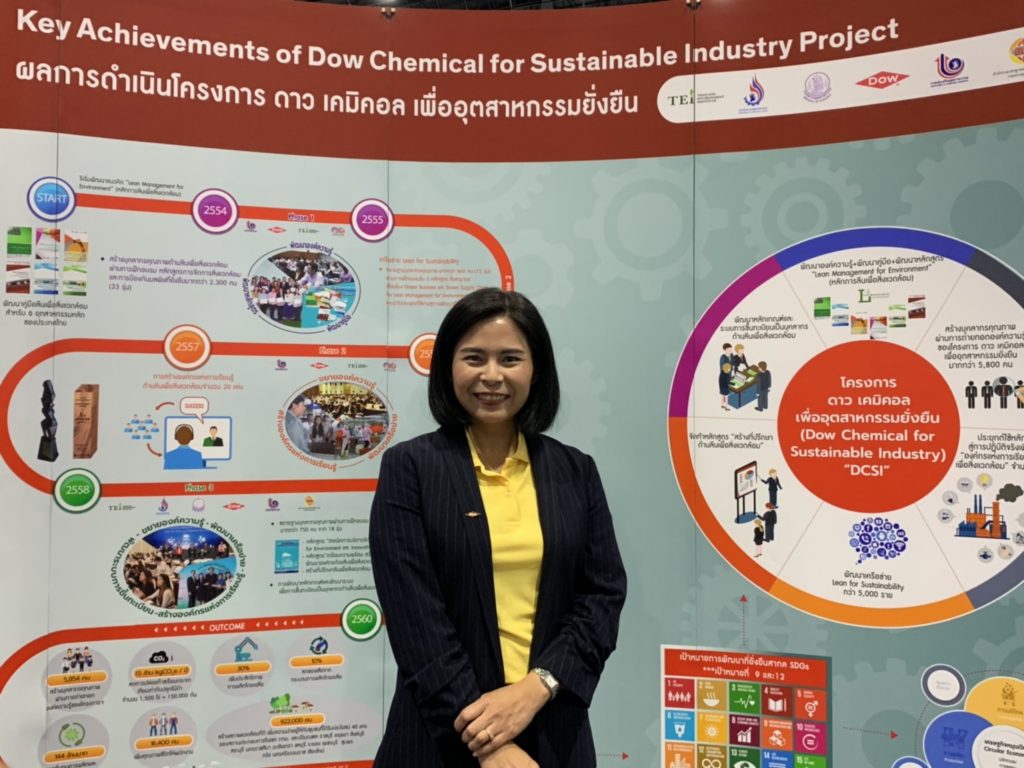
“Reuse is becoming a global trend. Under the circular economy concept, used materials can be reused as recycled raw materials, unlike in the past when we were accustomated to single-use items. Participating SMEs will learn about business practices under the circular economy concept as well as the application of databases and computerization. Both DIP and Dow have abundant resources to share to support their transition to Industry 4.0,” Poranee said.
Interested SMEs are invited to submit applications to the Thailand Environment Institute. Experts will then be dispatched to appraise and analyze their machinery and install efficiency-boosting equipment. The experts will also train their staff on environmental-friendly and safe production processes. Involving in-depth advice and modernization, the entire process will last approximately 2 years. The project aims to initially involve 20 SMEs and the data collected will help in producing an Industry 4.0 Manual before the project is extended to other industries.
Decha Chatutananant, Deputy Director-General of Department of Industrial Promotion, said participating SMEs are entitled to multi-faceted assistance involving lean management to reduce production costs and sustainability in line with the United Nations’ Sustainable Development Goals (SDGs). In the 8th year of this project, partners have vowed to promote Industry 4.0 practices, where digitization will help SMEs boost efficiency, reduce waste and maximize natural resources. The circular economy concept will be utilized to promote the recycling of plastic waste and introduce designs that make products more durable and reusable. The project aims to help lean the operation of up to 10,000 SMEs within the next couple years, from about 5,000 at present.
On the sidelines, a seminar entitled “Circular Economy and Thailand Industry 4.0” was organized. Pratat Sutaputra, Commercial Manager of Dow Thailand Group, presented Dow’s vision to make its products 100 percent recyclable by 2030, or its products must be at least reused as raw materials or turned into energy. Actions are already being taken to achieve this challenging goal.
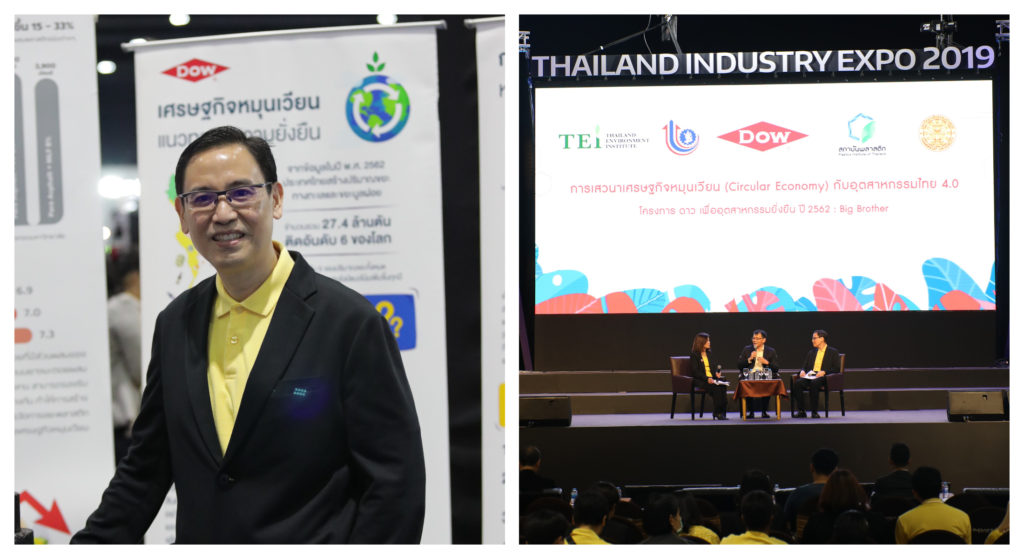
Pratat told the audience that, as guided by the circular economy concept, plastic waste can be reduced through: 1) innovation that allows plastic reuse 2) social solutions that involve socially and environmental-friendly designs as well as economic gains 3) collaboration with organizations for co-investment in waste segregation infrastructure 4) supporting recycling businesses to ensure free trade of standard recycled products that will gain the trust of consumers and 5) building a network that involves all parties in turning waste into a valuable resource.














